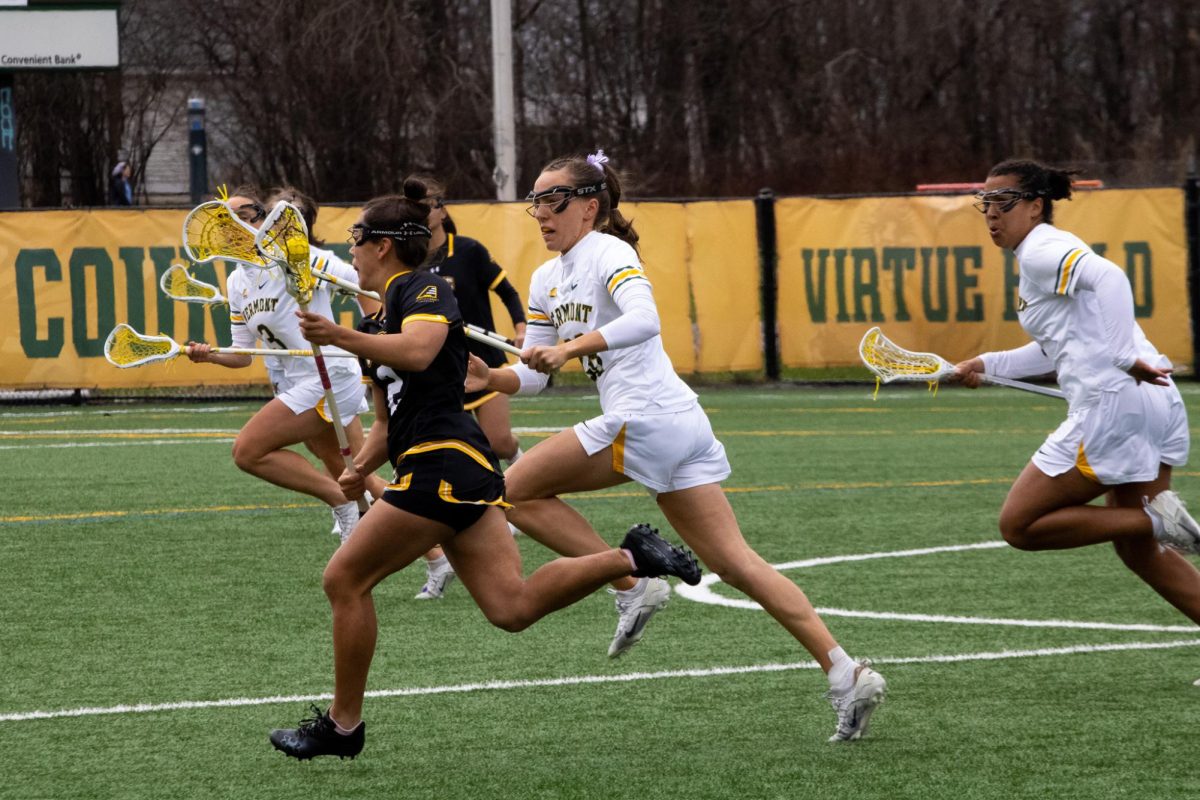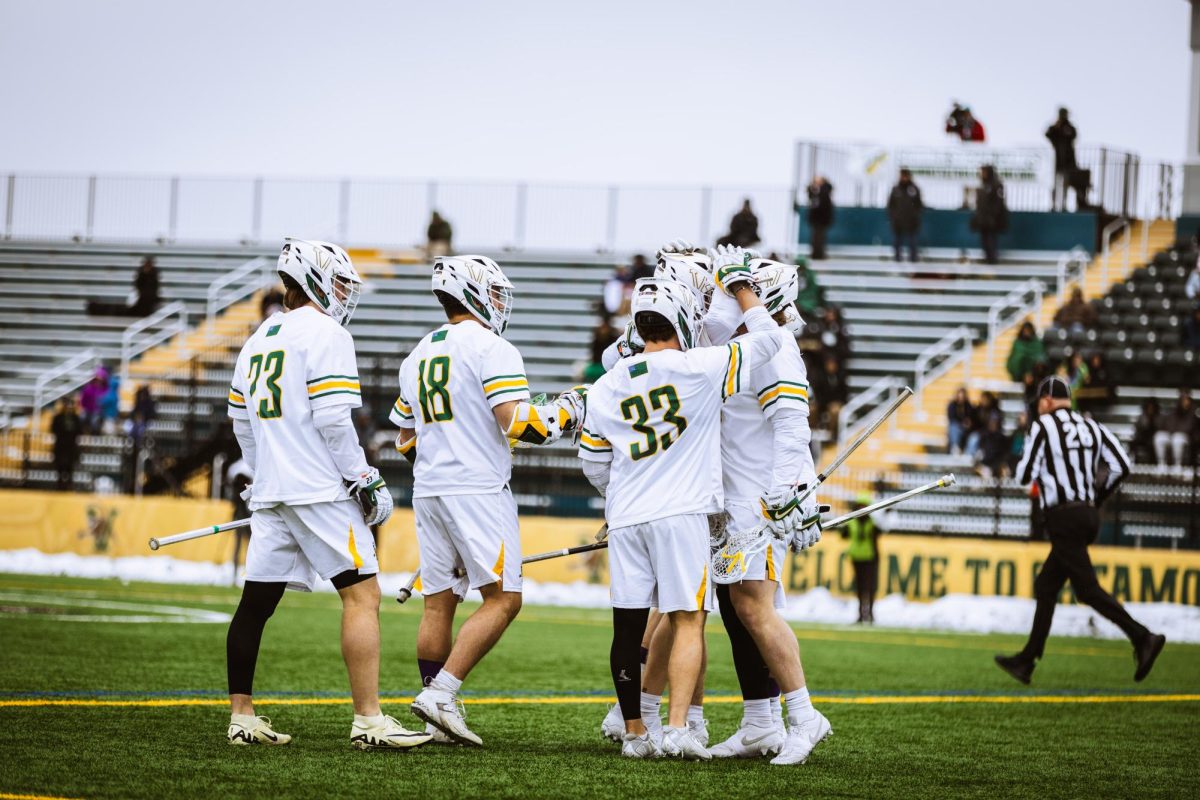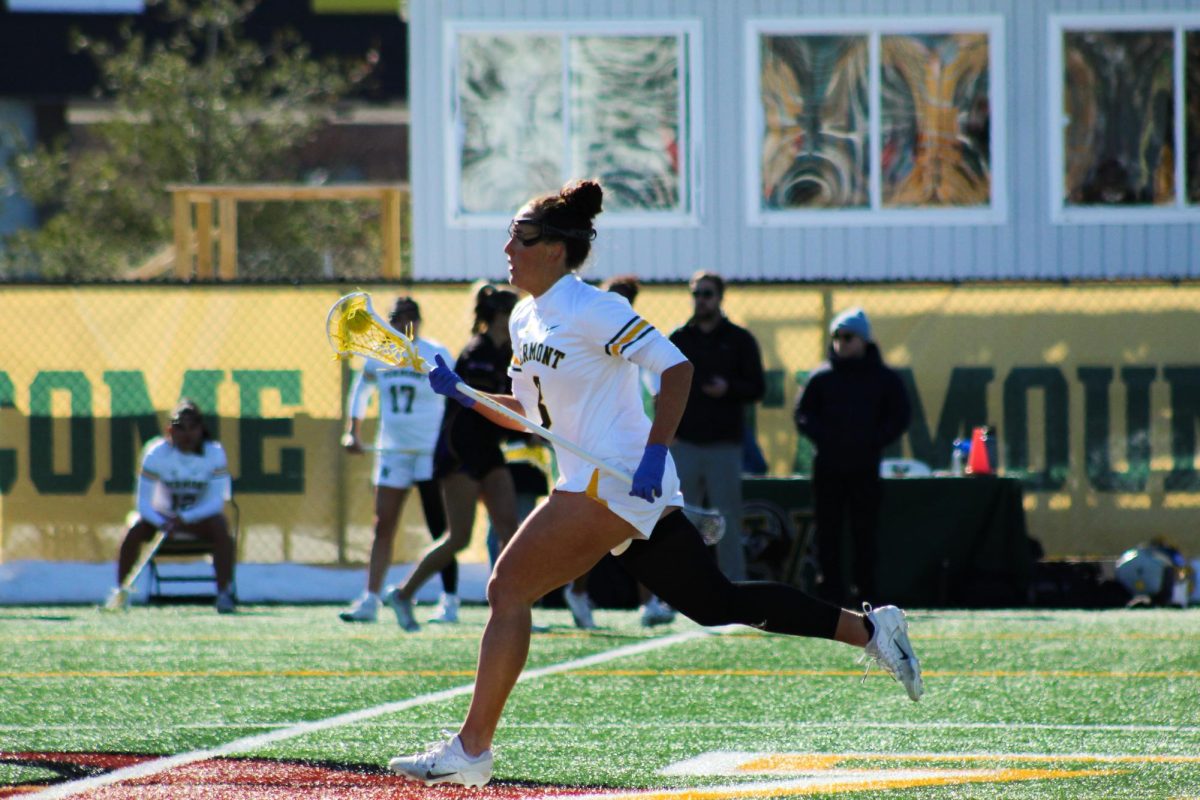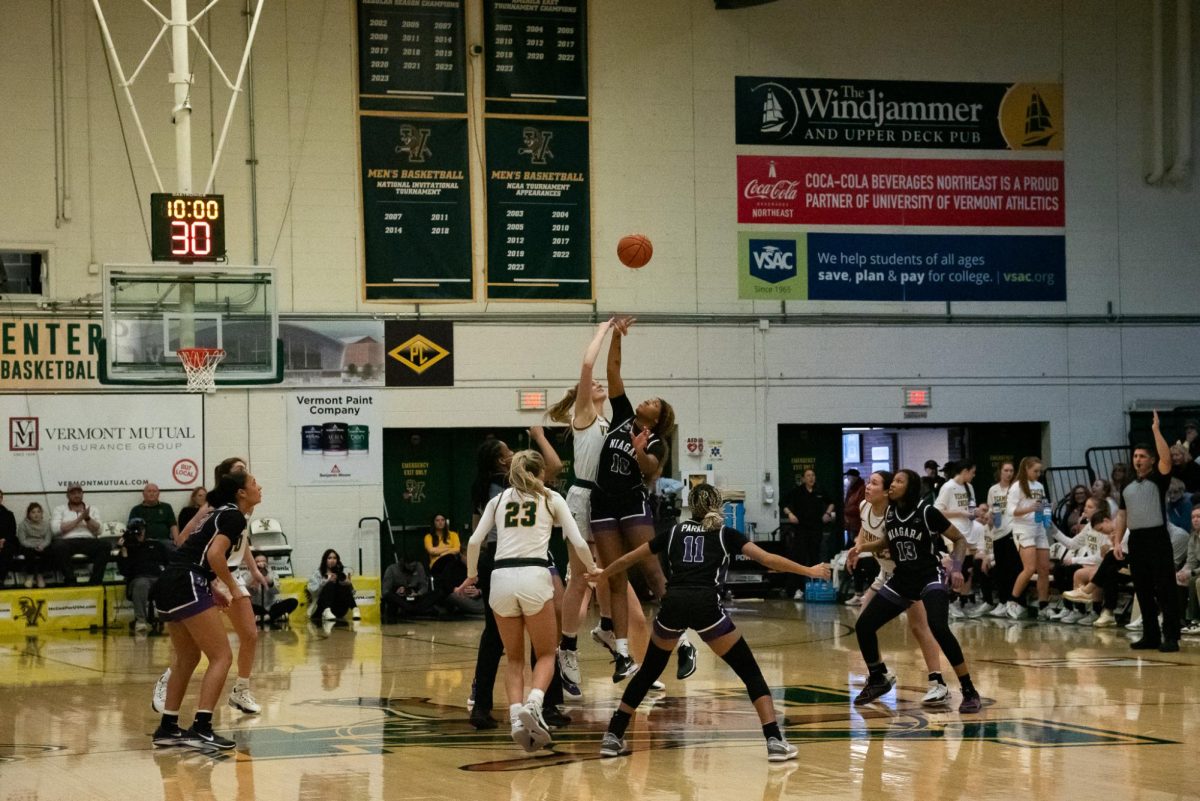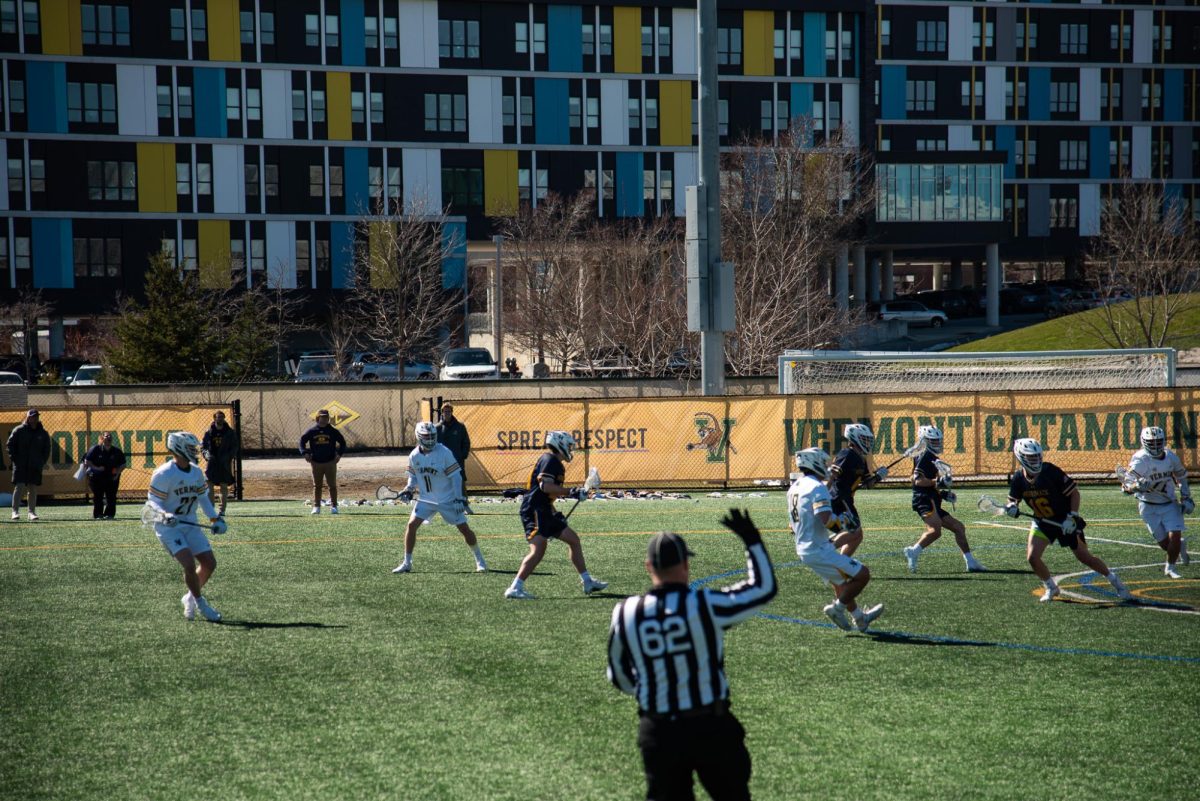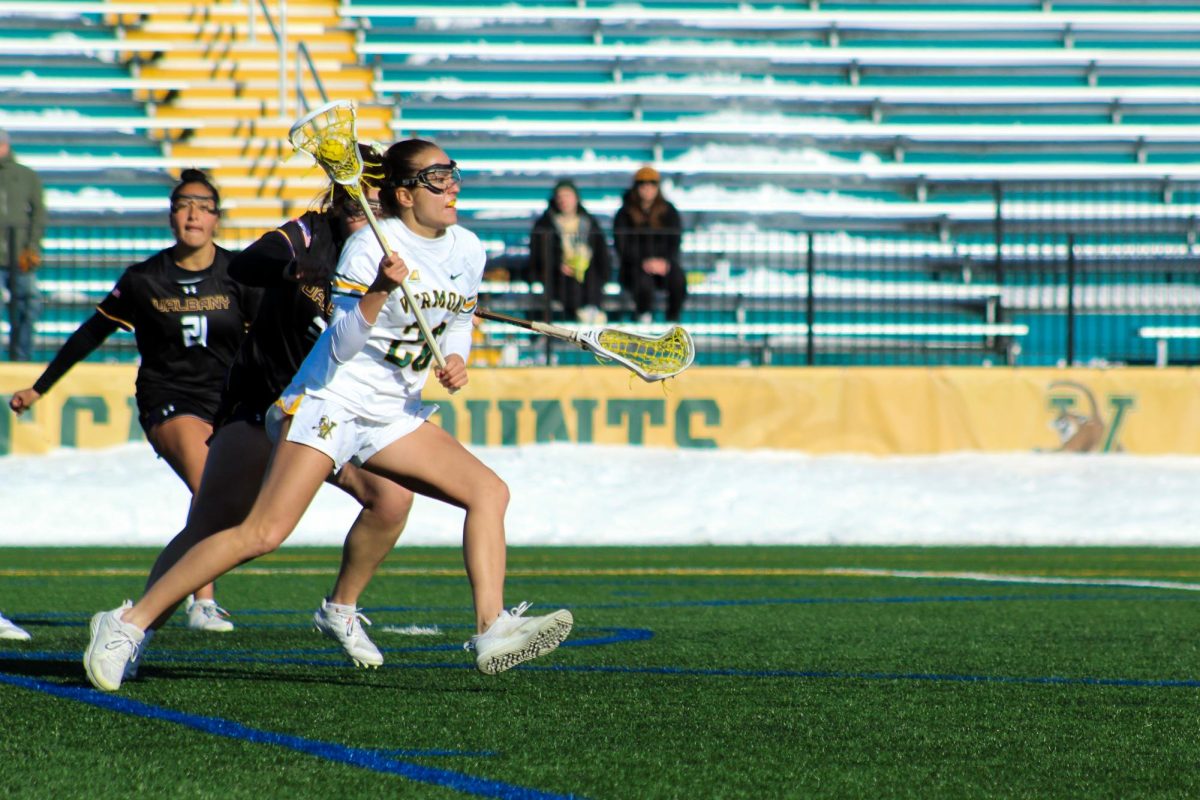Some studentathletes who think they are attending universities on full-ride scholarships are being unknowingly tricked into paying thousands of dollars.Or are they?According to a study done by the National College Players Association (NCPA) released on March 26, there is a significant shortfall between scholarship money and actual cost of attending a university at the division I and II levels.”NCAA rules prohibit universities from providing athletic scholarships that equal the cost of attendance. That means that a full scholarship athlete is expected to pay out of pocket for expenses that are not covered by a full scholarship,” the NCPA release states.The study claims that unsuspecting athletes can owe up to $30,000 dollars in additional expenses by the end of a five-year career.Vermont athletic director Robert Corran acknowledges the study but says that the research for the study was done not through contacting universities for statistics but by accessing public records, indicating the figures of study may not be accurate or relevant.”I’m aware of the organization, I think all the data collected wasn’t done with us or any other institutions,” Corran said.Corran said that the mission of the NCPA may not have proper intentions, treating athletes like laborers rather than students.”Understand that this organization, their mission is to unionize college athletes,” Corran said. “They are taking the view that college athletes are workers and athletic departments are employers and as employers are making too much money — their assumptions, in my view, are incorrect right off the bat.”In addition, the study seems to focus largely on universities that generate the greatest amount of revenue, which would be schools that showcase highly competitive football and basketball programs.”Their focus has been almost exclusively on the highest levels of division I football and basketball,” Corran said.The study claims that the university that leaves athletes with the highest shortfalls is the Indiana University-Purdue University at Indianapolis, which features a highly competitive division I basketball program.”Indiana University-Purdue University at Indianapolis had the highest scholarship shortfall, amounting to over $6,000 per year, followed closely by the University of Missouri-Kansas City, East Tennessee State University, Saint Louis University, University of Louisville and Charleston Southern University, all with a greater than $5,000-per-year estimated shortfall,” the release stated.The shortfalls the study accounts for are costs that NCAA scholarships simply can’t cover, such as entertainment, off-campus food and traveling expenses among other costs.”The point they are trying to make is that student athletes, even those who are on scholarship, it still costs them to go to school,” Corran said. “In some instances, yeah there are costs above and beyond what a scholarship covers.”According to Corran, NCAA mandates maximums. For example, athletic scholarships can only cover tuition, room, board, books and fees – beyond that there is spending money that the university can’t cover, “those are things you’d have to pay for anyways, if you are a student athlete or not,” Corran said.In the study, Vermont ranks 320th out of the 336 schools surveyed, meaning Catamount athletes usually leave the university with very few shortfall payments – if the study proves to be accurate.







